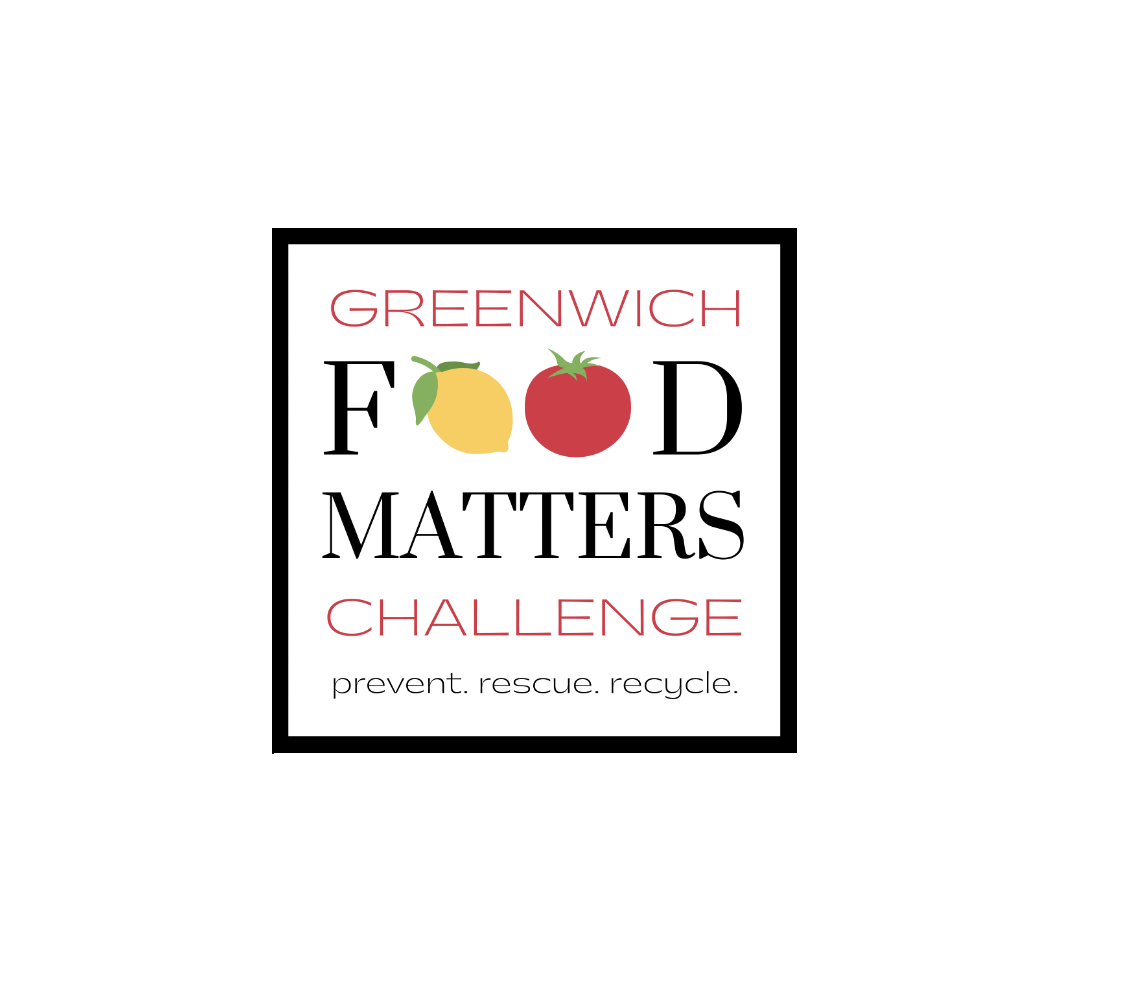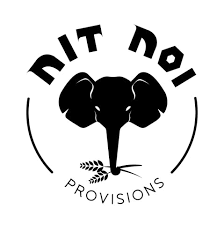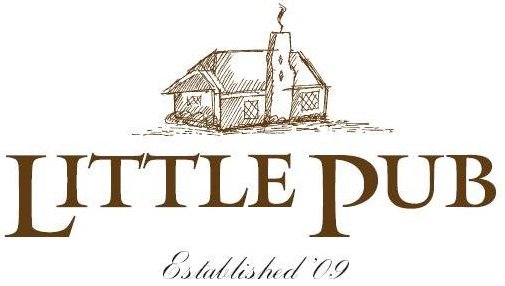In spring 2022, Waste Free Greenwich and the Center for EcoTechnology, in partnership with The Town of Greenwich, challenged local businesses to reduce food waste through prevention, rescue and recycling by participating in the Greenwich Food Matters Challenge.
Congratulations to the six Greenwich restaurants that rose to the challenge:
Learn more about their accomplishments in CET’s case study and video.
Although the Greenwich Food Matters Challenge is closed, CET can still help establish a waste reduction program in line with your needs and operations. Whether your business has food waste to reduce, surplus meals to donate, or food scraps to compost, CET can provide technical support at no cost through its contract with CT DEEP.
Contact CET at (888) 410-3827 or ReduceWasteCT@cetonline.org to get started!
-
The Greenwich Food Matters Challenge is a new initiative to engage local businesses to adopt food-saving practices to reduce the amount of food going to waste, donate surplus food and recycle food scraps. The participating businesses will work directly with the Center for EcoTechnology (CET) and Waste Free Greenwich to identify how and when food waste is created, identify goals to target this waste and implement a comprehensive strategy to reduce, repurpose, and divert wasted food. The program focuses on a holistic approach and targets both pre- and post-consumer food waste.
By implementing strategies across the US EPA’s Food Recovery Hierarchy, businesses can save money on food purchasing and disposal costs. Example food-saving practices include implementing source separation and composting, commencing food donation, offering flexible portion sizes, utilizing food parts that would otherwise go unused, making free bread and chips optional.
The Town of Greenwich and Waste Free Greenwich will actively promote the campaign and participants in it, which will help elevate town-wide awareness of the food waste challenge, attract more participation, and amplify the impacts of any individual instance of technical assistance. The selected businesses will collaborate directly with Waste Free Greenwich and CET for three months.
-
Up to forty percent of the food we produce in the United States goes uneaten. When food is wasted, all the resources used to get food from farm to fork – water, energy, labor, cropland and financial capital - are lost. Most waste occurs among consumers, restaurants, grocery stores and institutional foodservice, and 95% of that food is disposed of in incinerators and landfills, generating harmful pollutants and greenhouse gasses. In Connecticut, over 22% of the waste stream is composed of food scraps.
Wasted food presents the greatest opportunity for reduction and diversion and promises solutions to ease disposal costs and environmental impacts. The Greenwich Food Matters Challenge is an opportunity to understand the problem and explore solutions by engaging local businesses to adopt prevention, rescue and recycling strategies.
-
1) Apply for the Food Matters Challenge. The application includes basic questions, such as business name, contact information, number of employees and average meals served per week. To better understand your interests and current activities, several questions seek to understand why you are applying, as well as the current rescue or composting practices, if any. With an aim to include a diverse applicant pool, there are additional questions about ownership and community leadership. Applications open until March 31.
2) Evaluate needs, priorities and opportunities by observing existing practices, assessing waste streams and analyzing waste bills and other relevant data, in coordination with the WFG and CET. April 1-31.
3) Implement or expand a minimum of three (3) of food-saving practices relating to prevention, rescue and recycling, focusing on the greatest economic, environmental and/or social benefits for your business and the Greenwich community. May 1 - June 30.
4) Complete a follow-up survey that will be emailed to you upon completion of the Challenge. The survey will include questions about your successful practices and challenges, as well as measurable results.
-
The Greenwich Food Matters Challenge will take place over the course of three months between April and June 2022. Active time involved in the project will include an initial site visit in April and a 60-day challenge period in May and June.
-
The challenge will take place starting in April, over the course of approximately 3 months of activity. During this time, participants will receive a free site-visit, have time to review recommendations and plan next steps, and then spend two months actively participating in the challenge.
Participants will need to commit to meeting with CET and WFG staff for an initial visit, and periodic follow-up check-ins. Businesses will also be asked to commit to three new actions that support waste reduction during this time frame, and communicate about the results.
-
Participation benefits include:
Recognition by the Office of the First Selectman
Inclusion in media coverage
No-cost direct wasted food expertise to support efforts to reduce waste, costs, and environmental impacts
Invitation to a thank-you event for participants
Window cling for your business
Contributing to community efforts to increase the amount of donated food, reducing the amount of organic waste incinerated and raising local awareness about food waste
-
A federal law - the Bill Emerson Good Samaritan Food Donation Act - and Connecticut state law provide ample liability protections for food donors, so long as the donated food is in compliance with federal and state safety and labeling rules, and it is donated to a nonprofit organization in good faith and without the donor acting with gross negligence or intentional misconduct. To learn more, visit this Legal Fact Sheet about liability protections for Connecticut food donations.
-
There is no Connecticut tax incentive for food donations; however, Connecticut businesses are eligible for federal incentives. As of 2015, all businesses are eligible for the general and enhanced tax deductions for food donations. To learn more, see this Legal Fact Sheet on tax incentives for Connecticut businesses donating food.
-
Assistance for this challenge is offered to businesses free of charge and will be provided by the Center for EcoTechnology (CET). CET is currently under contract with CT DEEP to help businesses and institutions reduce waste.
Participating businesses will receive suggestions that may incur additional costs, such as adding organics collection services.
CET and Waste Free Greenwich will be available to support participating entities in implementing the most cost-effective programs, based on their needs.
-
The Greenwich Food Matters Challenge is modeled on the Philadelphia Food Waste Business Challenge led by Center for EcoTechnology.
Through its Food Matters Regional Initiative, the NRDC has developed the framework for similar challenges that have been hosted elsewhere, including Nashville, TN, which offered a Food Saver Challenge, and Denver, Colorado’s Food Matters Restaurant Challenge.
-
The Challenge is made possible with collaboration from numerous partners. As part of the Greenwich Food Waste Initiative, Waste Free Greenwich has launched this program in collaboration with the Center for EcoTechnology (CET), which brings decades of experience in wasted food solutions.
This project is supported by the Office of the First Selectman, the Greenwich Conservation Commission and the Greenwich Sustainability Committee. CET is currently under contract with CT DEEP to help businesses and institutions reduce waste.
Organizing Partners:
Municipal Partners:
Community Partners:
Did you miss the information session? Check out the recording to learn more with Waste Free Greenwich, the Center for EcoTechnology and Food Rescue US Fairfield County.







